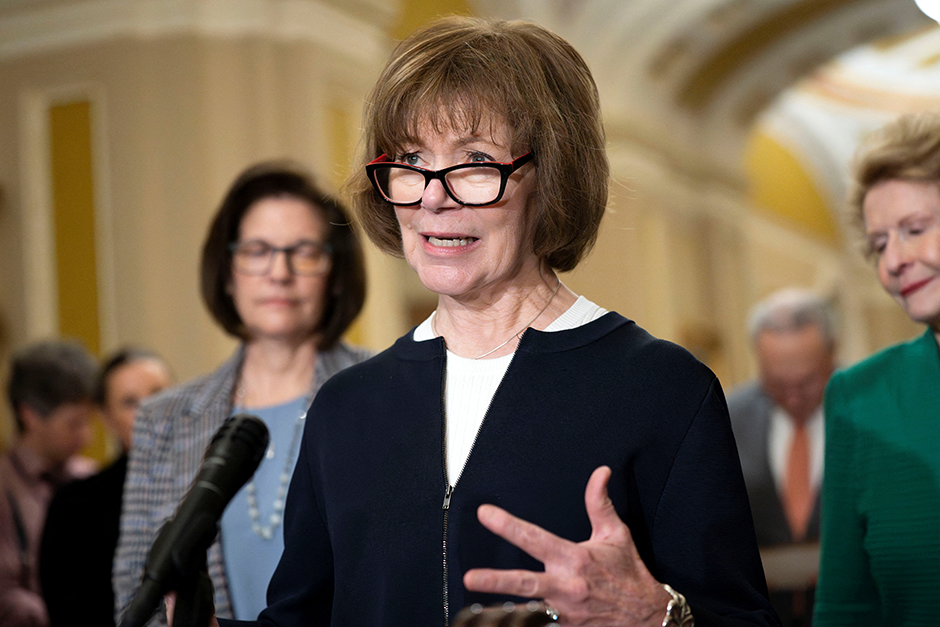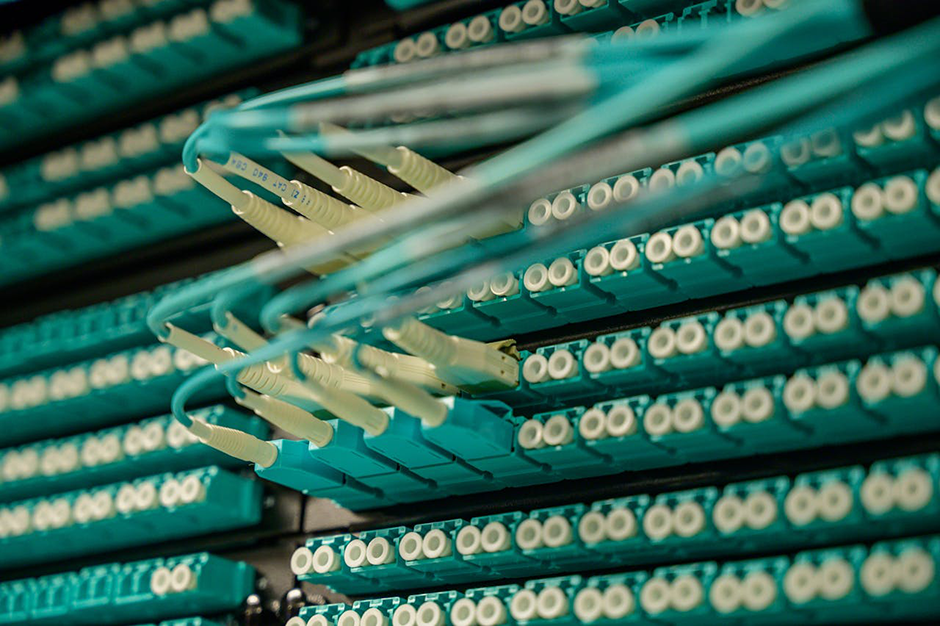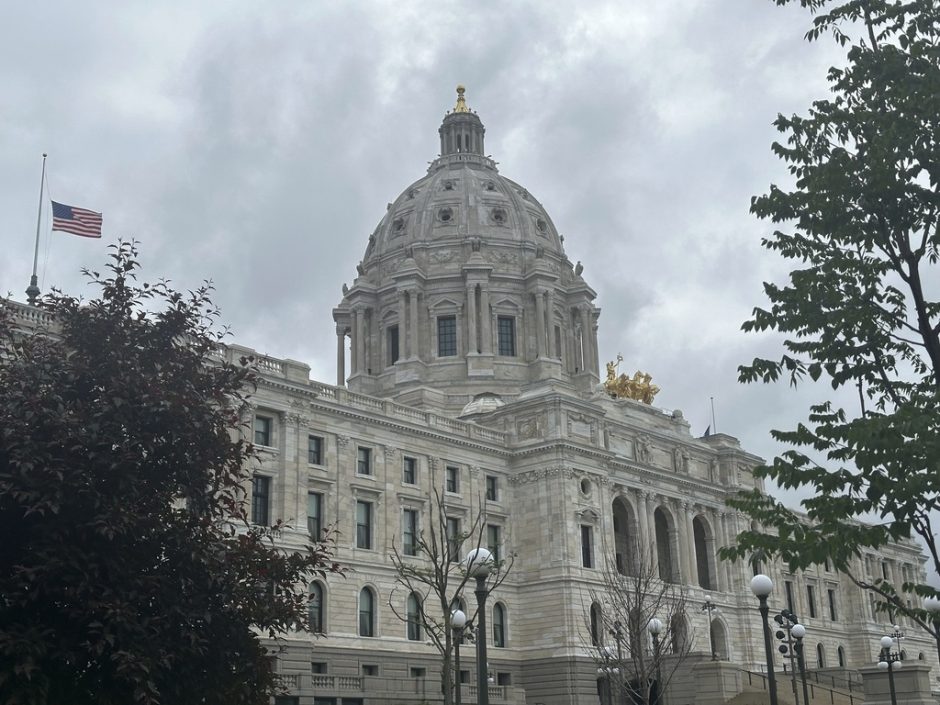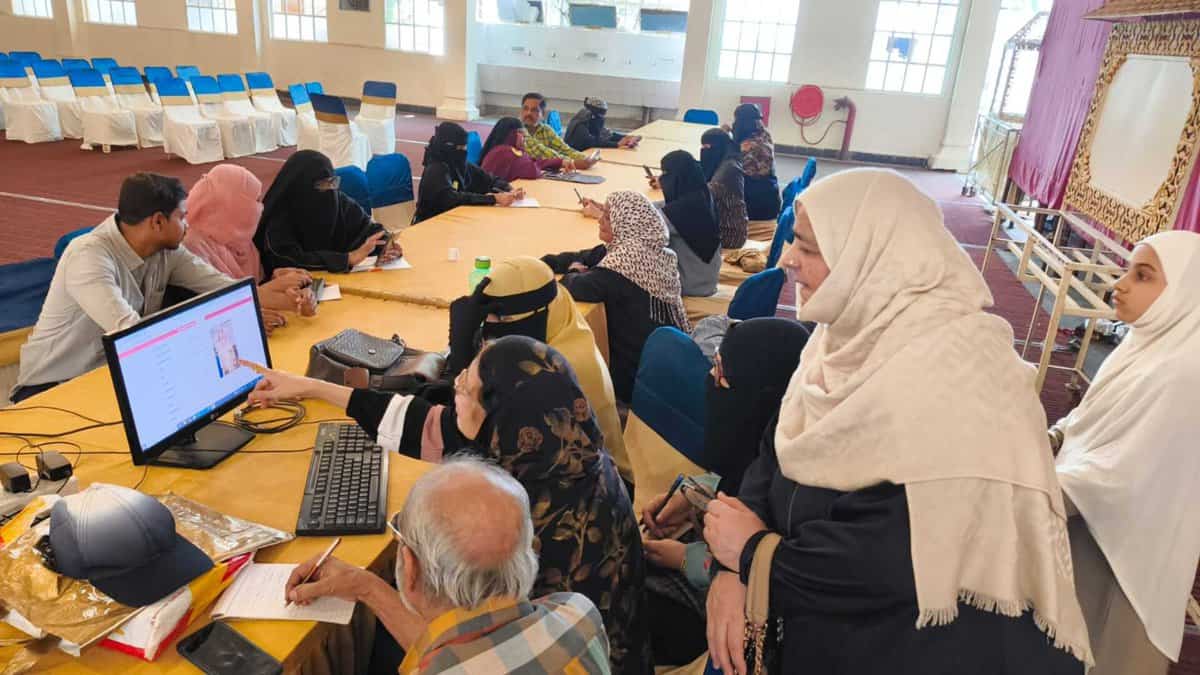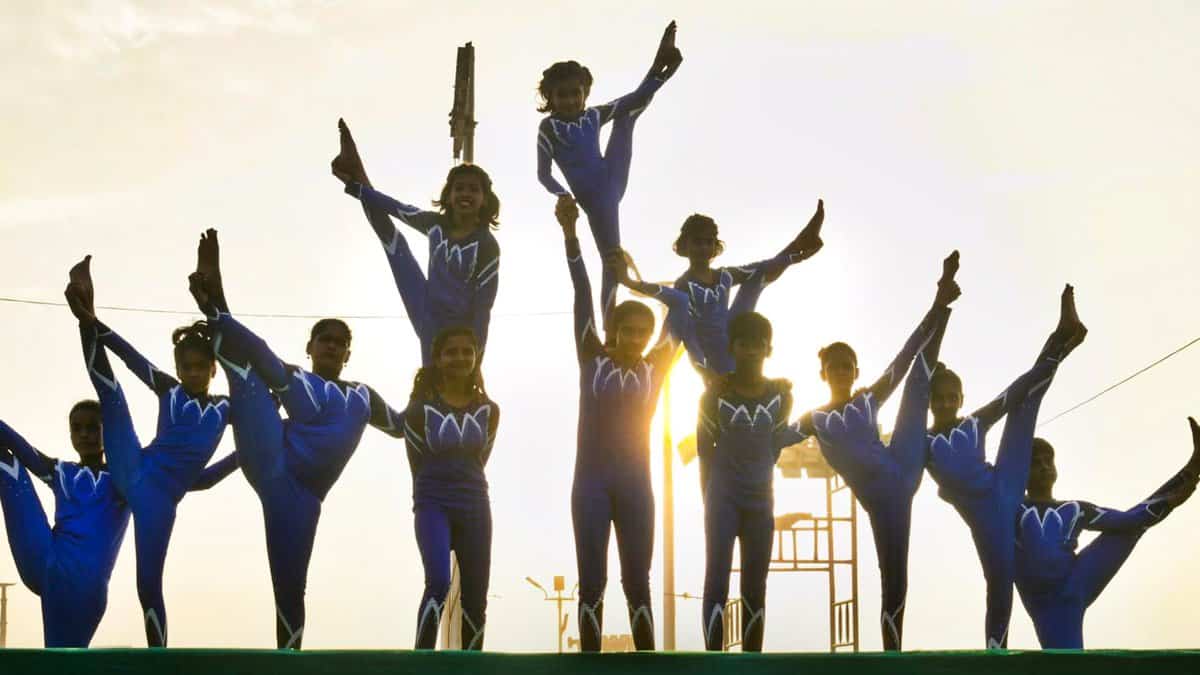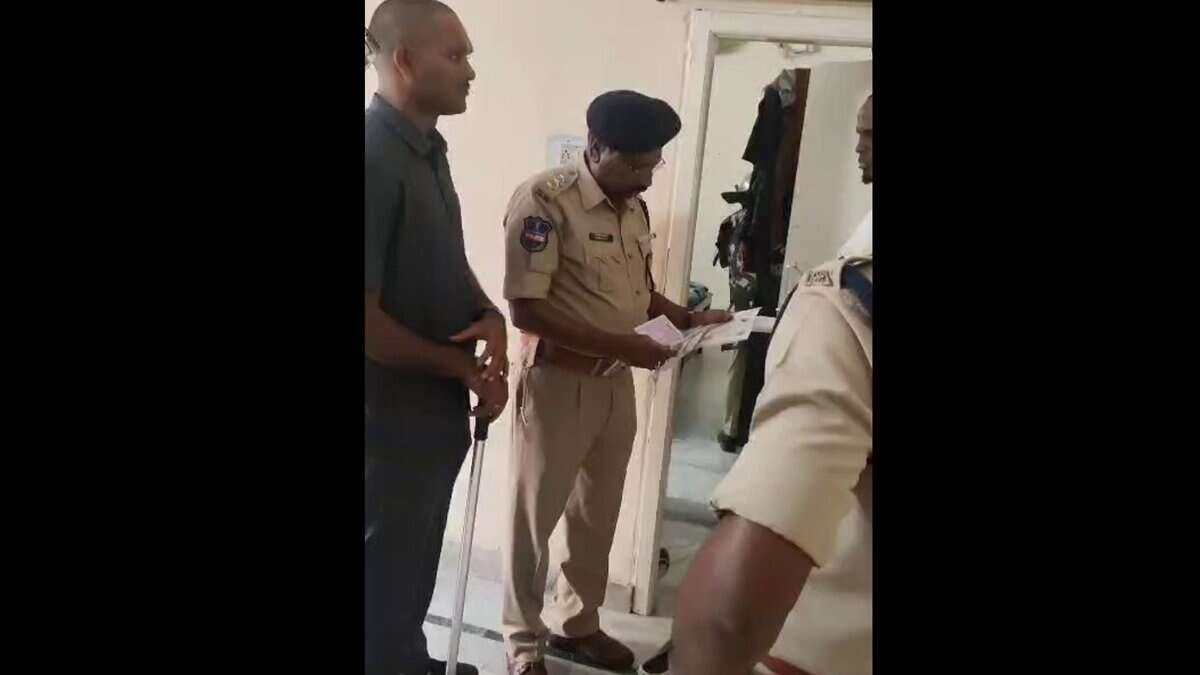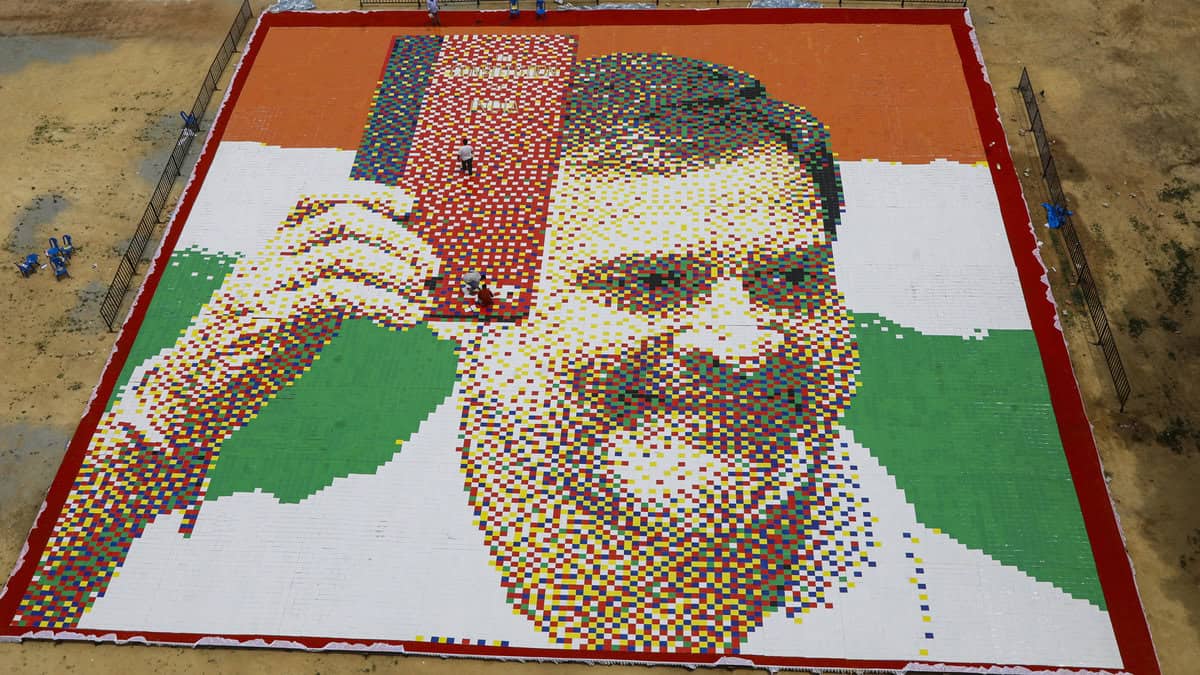Enhanced scrutiny in the US visa application process combined with Trump administration’s plans to mandate social media screening before visa approvals for international students has caused worries among Indian students aspiring to study in the US.
In the light of pro-Palestine and anti-Semitic demonstrations carried out in various US universities last year, the Trump administration recently launched a crackdown on academic institutions including the Ivy League institutions.
Elite institutions allowing anti-Semitic and radical activities on their campuses have been in headlines since October 2023, when Hamas killed and abducted civilians and Israel started a war in retaliation.
The visa crackdown has led to Indian students, who are planning to apply to the US academic institutions, cleansing their social media timelines to avoid visa rejection.
Fearing that their social media posts might lead to visa rejections, students are not just sanitising their social media accounts but in some cases even deleting them. In this process, the students are being guided by their visa counsellers who inform them about the content or posts which may be deemed inadmissible by the US authorities and could result in visa rejections.
Sudden deletion of social media accounts might also alert authorities: experts
Founder of Gradding.com, Mamta Shekhawat said that for conducting the background check of student visa applicants, the immigration authorities require students to provide the details of their social media profiles for the preceding five years. “Immigration authorities require student visa applicants to provide their social media handles for the previous five years, allowing them to make character evaluations and determine whether and how the applicant’s professional and academic background matches the visa objectives,” Shekhawat told India Today.
Speaking about social media jokes, Shekhawat said, “Even the smallest hint of political or violent activism, or controversial remarks, can be counted as suspicious when piled together during the scrutiny of the visa application.” Advising students to be cautious of their digital footprint, Shekhawat warned them that sudden deletion of social media accounts might also alert the immigration authorities who will be vetting the social media profiles using AI tools. The entire project of screening of social media accounts of international students is being supervised by the US Secretary of State (SoS) Marco Rubio.
Meenal Damani, an education consultant quoted in the India Today article, said that posting, liking, commenting or sharing posts relating to activities considered illegal in the US could result in visa rejection. “Don’t like, comment on, or share posts that could be misinterpreted. Refrain from joining, posting about, or engaging with political movements online. Even sharing someone else’s opinion can be viewed as an endorsement,” Damani said.
Even though, what qualifies as ‘objectionable’ in the US remains unclear but anti-semitic and pro-Palestine views could certainly attract an unfavourable action by the US immigration authorities. “What can be deemed objectionable ranges from political opinions and controversial jokes to posts about protests or criticism of US policies,” India Today quoted Sanjog Anand, co-founder of Rostrum Education as saying.
Indian students sanitise their social media profiles
According to India Today, an Indian student, Manya (name changed), who was enrolled in a master’s programme at an Ivy League university, deleted her Instagram and LinkedIn accounts on the advice of her visa counsellor. Similarly, another student, Diljeet (name changed) turned on private mode on his social media accounts.
Just like Suraj, a PhD scholar at Jawaharlal Nehru University (JNU), also began deleting his posts relating to Gaza casualties, Palestine and right-wing criticism after his post-doctoral appointment was halted by a US university. Uncertain whether this would suffice for getting a US visa, he is now considering deleting his Facebook and Instagram accounts.
Trump administration has amplified scrutiny under the US immigration policy, particularly for international students planning to study in the US, as a step towards strengthening national security and curbing anti-semitism and radicalism. Last month, he introduced a 15% limit on the enrollment of international students in the US universities, including the Harvard university. Earlier, the Trump administration had terminated federal funding to Harvard, including $60 million in grants, $450 million in additional funding and $2.2 billion in research grants over the varsity’s alleged failure to curb antisemitism and comply with federal demands. Trump also called for the revocation of Harvard’s tax-exempt status. Harvard University has filed two lawsuits against the Trump administration.








